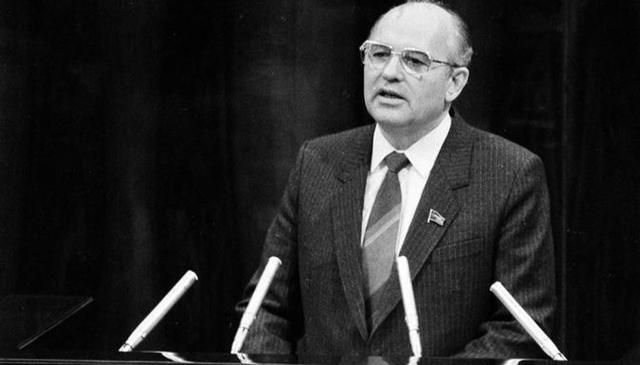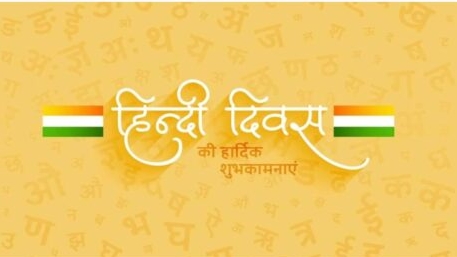Mikhail Gorbachev: Why last Soviet leader won Nobel Prize & how he put an end to cold war

Mikhail Gorbachev, who set out to revitalise the Soviet Union but ended up unleashing forces that led to the collapse of communism, died on Tuesday at the age of 91. The Central Clinical Hospital said in a statement that Gorbachev, the last Soviet leader, died after a long illness. The hospital did not elaborate on the disease and the health condition of the departed leader at the last moment.
Though he was a stalwart Russian leader, he was widely been acclaimed in the Western world for his role in ending the Cold War without shedding a single unit of blood. Notably, the “Cold War” is a term commonly used to refer to a period of geopolitical tension between the United States and the Soviet Union and their respective allies, the Western Bloc and the Eastern Bloc.
In 1985, Gorbachev met with then US President Ronald Reagan for talks on limiting the production of nuclear missiles and for resetting diplomatic relations between the two superpowers. It is pertinent to mention that he won the Nobel Peace Prize for his role in ending the Cold War in 1990 by inscribing an arms reduction deal with the US.
He removed the Iron Curtain by forming allies with Western powers. The Iron Curtain was a political boundary dividing Europe into two parts from the end of World War II in 1945 until the end of the Cold War in 1991.
Former USSR President Gorbachev’s tenure was widely appreciated as he had freed political prisoners, allowed open debate and multi-candidate elections, gave his countrymen freedom to travel, halted religious oppression, and reduced nuclear arsenals.
Though he won accolades globally, Gorbachev faced immense criticism in his own country as Russia accused him responsible for the collapse of the Soviet Union in 1991. The collapse of the USSR resulted in the countries, at least 15, announcing back-to-back autonomy.
Mikhail Gorbachev once deposed by party hardliners
This impacted his political career as his former allies deserted him and made him a scapegoat for the country’s troubles. He was briefly deposed in an August 1991 coup by party hardliners. “The process of renovating this country and bringing about fundamental changes in the international community proved to be much more complex than originally anticipated,” Gorbachev told the nation as he stepped down.
“However, let us acknowledge what has been achieved so far. Society has acquired freedom; it has been freed politically and spiritually. And this is the most important achievement, which we have not fully come to grips with in part because we still have not learned how to use our freedom,” he added.
Gorbachev became a national joke for Pizza Hut ad
Later, after five years, Gorbachev again tried to come into power but failed in securing enough votes. Even the local media reports suggest that he became a national joke in the 1996 Presidential election as he secured only 1% of the vote. In order to fund his charitable foundation, he resorted to collaborating with Pizza Hut for a TV ad in 1997.
However, this too backfired as his former partners joked he would divide the pizza into 15 slices like he divided up his own country. “In the ad, he should take a pizza, divide it into 15 slices like he divided up our country, and then show how to put it back together again,” quipped Anatoly Lukyanov, a one-time Gorbachev supporter.



